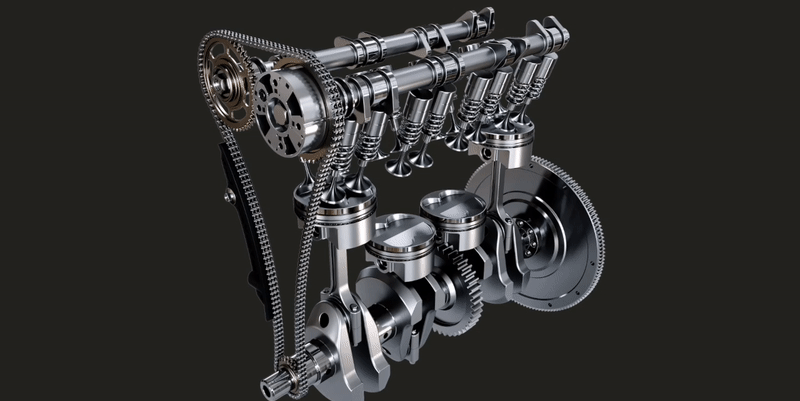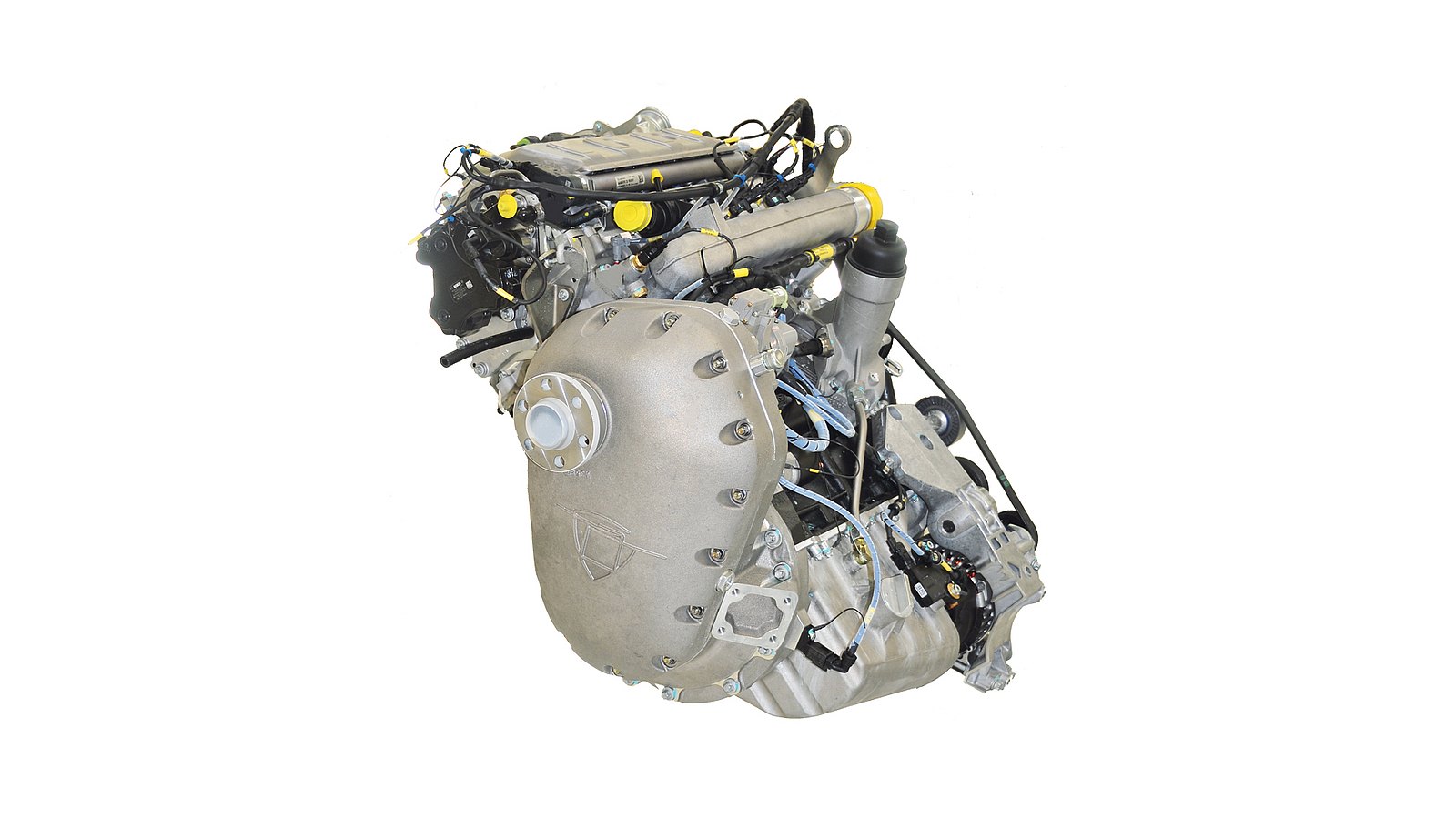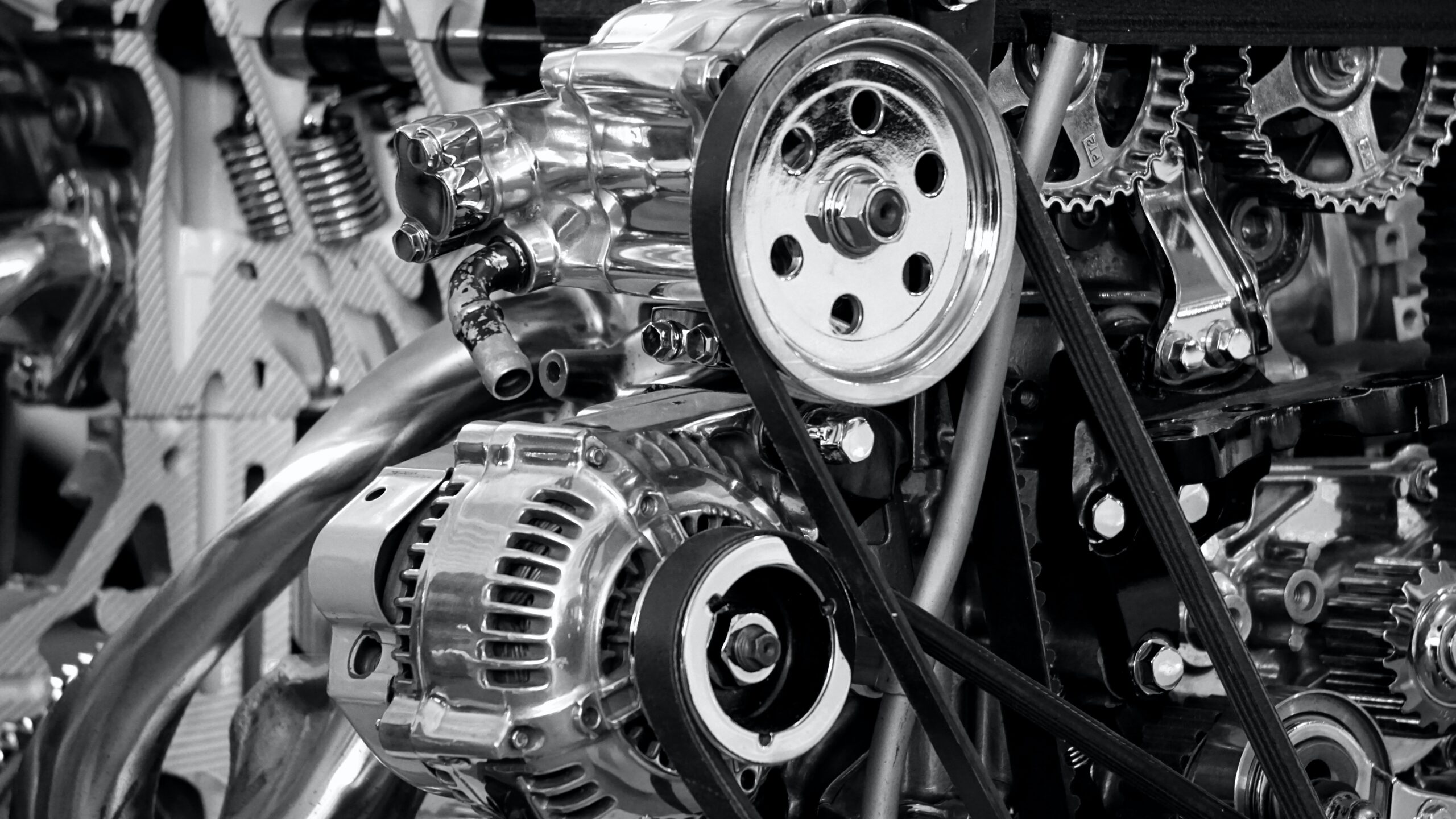Get the Perfect Fit with Engines For Africa's Diverse Selection
Get the Perfect Fit with Engines For Africa's Diverse Selection
Blog Article
Explore a Large Range of Engines for each Automobile and Function
The automobile landscape is progressively intricate, with a varied array of engine types made to satisfy details efficiency and effectiveness requirements across numerous vehicle classifications. Furthermore, heavy-duty engines offer the needs of job automobiles, while eco-friendly options are acquiring traction in the quest of sustainable transport.
Kinds Of Automotive Engines
Automotive engines can be categorized right into several distinctive kinds, each designed to meet particular performance and effectiveness demands. One of the most typical classifications include inner burning engines, electric engines, and hybrid systems.

Electric engines, on the various other hand, run on electrical power kept in batteries, providing instant torque and zero emissions. These engines are becoming progressively prominent due to improvements in battery technology and the growing focus on sustainability.
Hybrid systems combine both inner burning and electrical engines, making it possible for lorries to maximize fuel performance and decrease exhausts by effortlessly switching over between source of power. Each engine kind offers its advantages and drawbacks, affecting factors such as lorry layout, meant usage, and market demand. Recognizing these differences is critical for customers and producers alike when selecting the appropriate engine for their certain needs.
Efficiency Engines for Sports Cars
Performance engines for sports cars are particularly crafted to deliver boosted dexterity, power, and speed, setting them apart from conventional vehicle engines. These engines usually use innovative innovations such as turbocharging, supercharging, and variable shutoff timing to make best use of performance and responsiveness.
Usually, performance engines are developed with higher compression proportions, which allow for higher energy extraction from fuel. This leads to outstanding horsepower and torque numbers, enabling fast velocity and higher top rates. The light-weight materials used in these engines, such as light weight aluminum and carbon fiber, contribute to minimized general car weight, enhancing handling and ability to move.
Engine configurations like V6, V8, and even hybrid systems are typical in efficiency cars, each offering distinct advantages in regards to power delivery and driving characteristics. The adjusting of these engines is additionally important; many manufacturers enhance the engine administration systems to offer an electrifying driving experience, commonly consisting of sporting activity settings that change throttle feedback and equipment changes.
Efficient Engines for Daily Commuters
In the world of day-to-day commuting, reliable engines play a crucial duty in enhancing fuel economic situation and reducing discharges while providing reputable performance. As urban populations expand and environmental concerns increase, the demand for vehicles geared up with reliable powertrains has surged.
Modern engines made for everyday travelers often integrate modern technologies such as turbocharging, straight gas injection, and hybrid systems. Turbocharging boosts engine effectiveness by compeling more air right into the combustion chamber, enabling smaller, lighter engines that do not compromise power result. Direct gas shot enhances gas atomization, bring about far better burning and increased efficiency.
Crossbreed engines, integrating interior combustion with electrical power, further boost fuel economy, particularly in stop-and-go web traffic, where conventional engines can deal with inefficiencies. Electric electric motors aid throughout acceleration and can operate individually at low speeds, minimizing overall gas intake.
Additionally, improvements in engine administration systems and light-weight products add dramatically to efficient engine layout. By concentrating on performance, sturdiness, and environmental sustainability, makers remain to supply engines that not only meet the needs of everyday commuting but likewise align with international efforts to reduce carbon impacts.
Heavy-Duty Engines for Work Cars
Durable engines for work automobiles are routinely crafted to provide outstanding torque and reliability under demanding conditions. These engines are made to do in settings where traditional engines might falter, such as building and construction websites, logging operations, and agricultural settings. The main emphasis of durable engines is their ability to generate high degrees of power while preserving sturdiness over expanded durations of procedure.
Commonly, More Bonuses heavy-duty engines use advanced materials and robust building strategies to stand up to the rigors of heavy workloads. Attributes such as enhanced cylinder blocks, improved cooling systems, and advanced fuel shot technologies add to their effectiveness. These engines typically run at reduced RPMs, which aids to optimize fuel efficiency while providing the necessary power for transporting and lugging.
In addition to mechanical effectiveness, durable engines are usually furnished with innovative electronic control systems (ECUs) that handle efficiency, exhausts, and diagnostics. This assimilation permits much better monitoring and maintenance, making sure that job vehicles remain operational and efficient.
Eventually, sturdy engines are an important part in the efficiency of various markets, providing the necessary power and reliability to take on the most difficult of jobs.
Eco-Friendly Engine Options
The expanding emphasis on sustainability has brought about the growth of environmentally friendly engine options that focus on reduced emissions and enhanced fuel effectiveness. These engines are created to reduce the environmental effect of vehicles while still delivering the efficiency and integrity expected by consumers.
Amongst one of the most significant environment-friendly alternatives are hybrid and electric engines. Crossbreed engines incorporate traditional interior combustion engines with electrical propulsion, enabling minimized gas usage and reduced greenhouse gas emissions. Electric engines, on the other hand, run entirely on battery power, creating zero tailpipe discharges and adding to cleaner air quality.
Another promising growth is the improvement of biofuel engines, which utilize renewable energies, such as plant products, to power cars (Engines For Africa). By making use of biofuels, these engines can minimize dependence on nonrenewable fuel sources and lower general carbon impacts

As the automobile industry develops, environmentally friendly engine alternatives will certainly play a crucial duty in driving the change in the direction of more lasting transport options.
Final Thought
The vehicle sector supplies a varied selection of engines created to satisfy various automobile needs and purposes. From high-performance engines that boost sports cars and truck abilities to reliable versions prioritizing gas economic climate for daily travelers, each type serves a details feature. Sturdy engines satisfy durable job lorries, while environment-friendly choices, such as electrical and biofuel engines, advertise sustainable transportation. This extensive array makes sure that all driving demands are resolved, contributing to improvements in important link automotive innovation and ecological stewardship.

Report this page